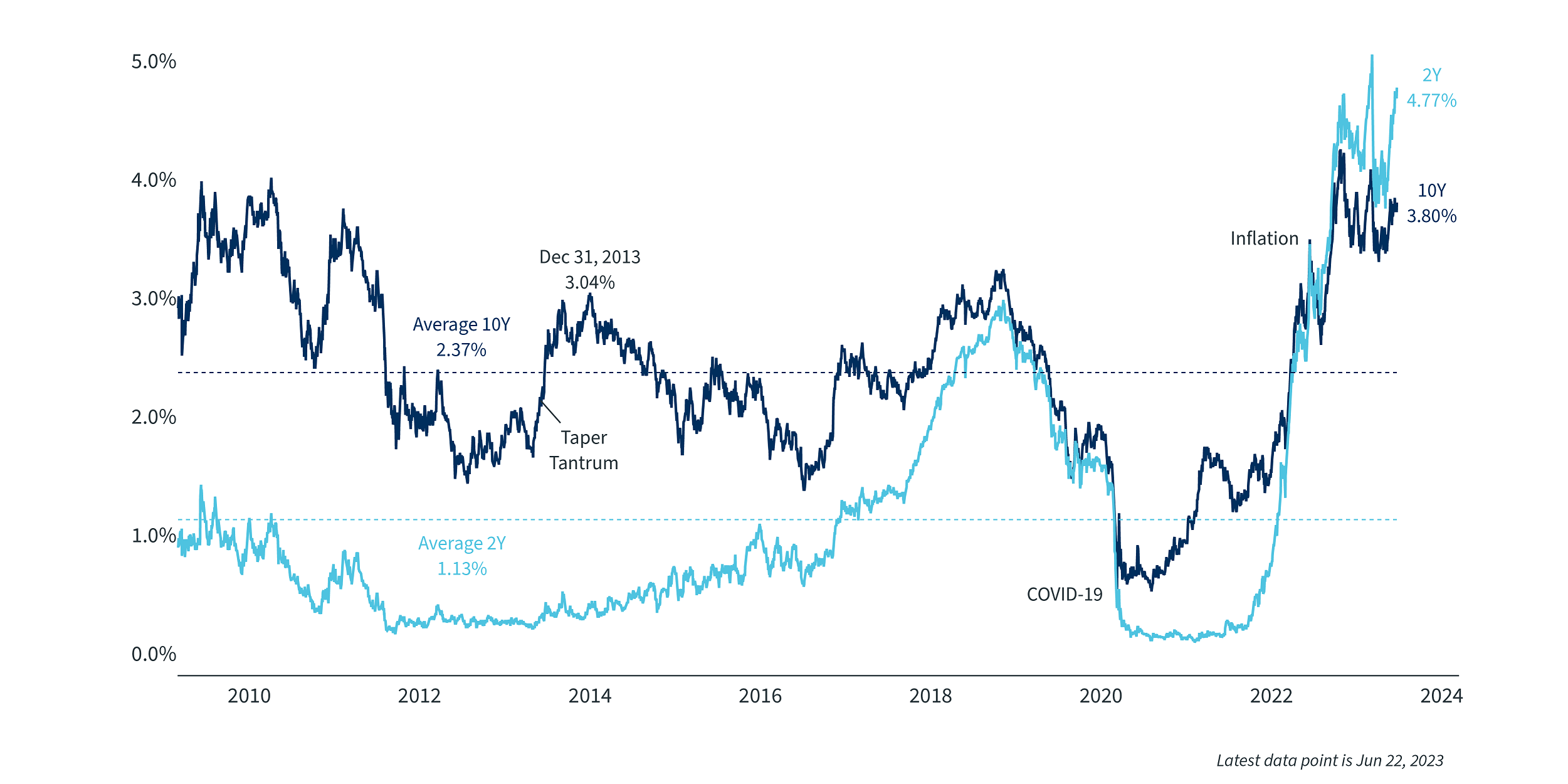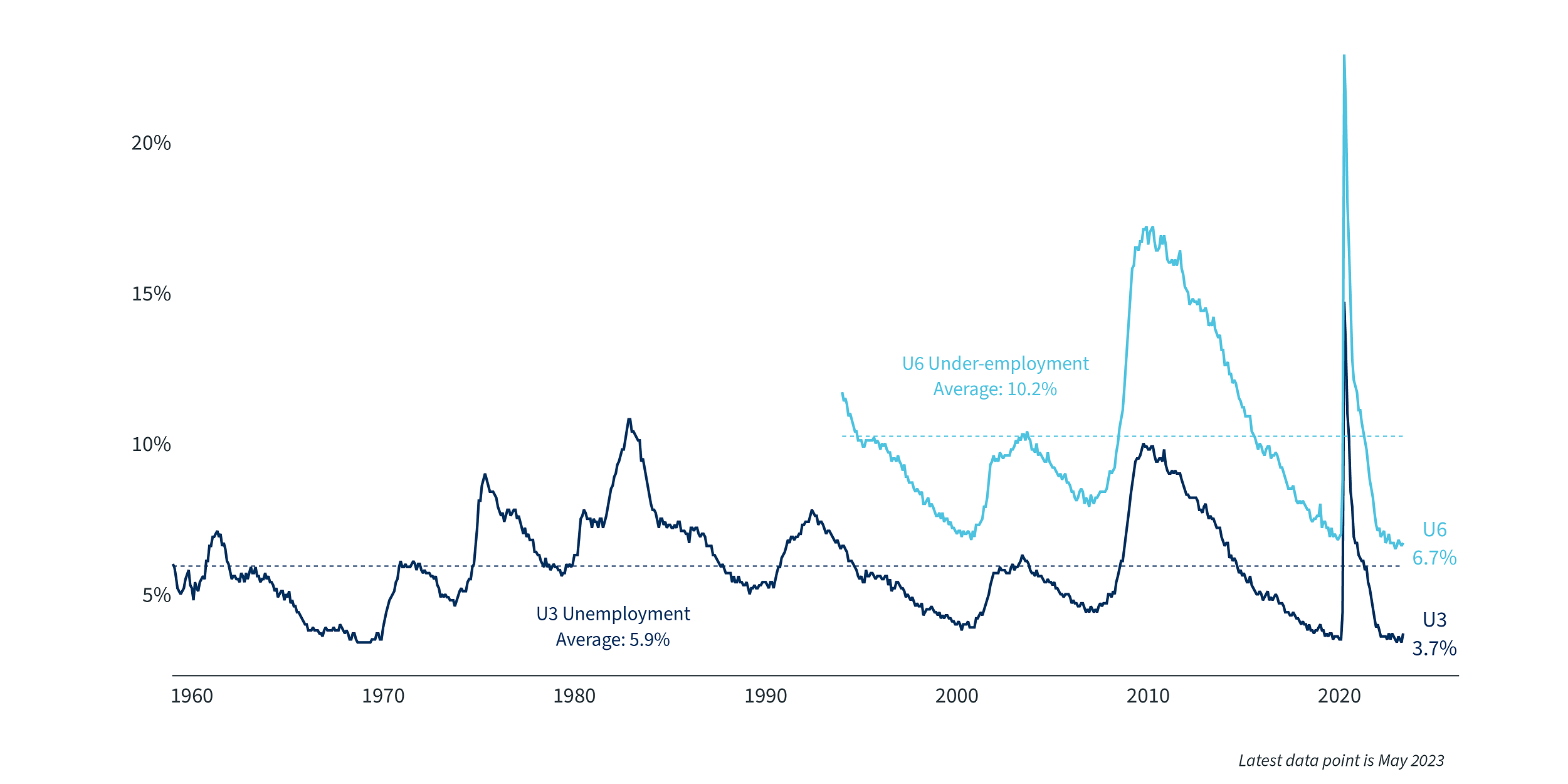Many Americans dream of starting, operating and growing their own business. Owning a business allows you to invest in yourself and directly benefit from your own hard work. When done well, this can bring independence along with personal and professional fulfilment. However, doing so also comes with challenges and responsibilities that can feel intimidating or overwhelming to tackle alone, especially for first-time entrepreneurs. The biggest factors preventing many individuals from starting a business often include not knowing where to begin and a fear of the unknown.
Fortunately, there are many options that can minimize these risks and increase the odds of success. Franchising is perhaps the most important path for entrepreneurs to consider. Franchising offers many of the same benefits as owner-operated businesses but with proven business models and a higher degree of support. Not only does this help entrepreneurs get started, but it also reduces uncertainty along the way. Because the financial and economic landscape can have a direct impact on business outcomes, it’s important that new owners have the best guidance to navigate every step of the journey.
The benefits of investing in a franchise
Franchising offers both financial and non-financial advantages when compared to starting a business from the ground up. These benefits can reduce uncertainty and boost the likelihood of success. As is always the case, aspiring franchise owners should seek qualified legal and financial advice when deciding on the opportunity that best suits their goals.
The first benefit is that the financial uncertainty around the cost of starting a business can be reduced with franchising. Since the upfront investment costs to get the business up and running can be fully known or accurately estimated ahead of time, there are often fewer surprises compared to starting a brand-new business. Not only are franchise business models already established, but franchisors often provide valuable assistance. For example, when it comes to finding a location, franchisors that provide market analytics and guidance can save franchisees significant time and effort.
Second, there are numerous non-financial benefits such as marketing campaigns, existing brand awareness, established customer loyalty and more. Investing in a franchise provides operators with a head start since they have access to a product that is supported by loyal customers and brand recognition. This can help franchisees more quickly cultivate and grow a customer base in their local area, reducing a significant source of uncertainty. These same benefits also offer a clearer path to profitability, making financial planning easier and improving access to financing.
Finally, existing business models come with more operational certainty than owner-managed businesses. Rather than spending time, money and energy on research and development, negotiating and securing supplies, researching and finding equipment, and more, franchise operators benefit from the experience and know-how of the franchisor and other franchisees. Access to these resources in combination with an established business plan can help to reduce many of the standard issues that may arise when starting a business.
Navigating financial and economic challenges
Of course, starting and growing a business is not just about selecting a franchise opportunity. The financial and economic environment plays an important role as well, especially in the early stages. Interest rates, inflation and the overall business climate have gone through significant swings the last few years. While these macroeconomic factors are outside the control of business owners, there are important steps owners can take to understand and mitigate their impacts.
Interest rates have risen over the past few years1

For instance, interest rates are important when it comes to financing a business. The Fed began raising rates in early 2022 and has now done so 10 times, lifting the federal funds rate from zero to 5%. The Fed’s goal has been to fight inflation but, in doing so, they naturally tighten financial conditions and slow the economy as well. Market-based interest rates have jumped over the past year with the 10-year Treasury yield rising from 1.5% at the beginning of 2022 to around 3.8% today.
Given this backdrop, securing financing for a new business can be more challenging than in recent years. According to the 2022 Federal Reserve Small Business Lending Survey, average interest rates across the country have increased 2.4% and 3.4% for fixed- and variable-rate loans, respectively. The significant increase in interest rates makes capital more expensive and financing decisions even more important.
In June, the Fed chose to pause its rate hikes, but this may be temporary. This means that the path of interest rates is subject to uncertainty in the second half of 2023. This directly impacts those deciding whether to convert from floating rates to fixed rates, especially on loans made in 2020 or 2021. Regardless of what the Fed does, market-based interest rates have stabilized this year. Rather than continue rising from its 2022 peak of 4.2%, the 10-year Treasury yield has hovered steadily around its current level.
Unfortunately, rising rates have had little impact on the competitive market for workers. The national unemployment rate is still hovering around 3.7%, near the lowest in history, and there are still millions more job openings than unemployed individuals. These trends have been particularly prevalent in the Midwest as unemployment in Minnesota, Montana, North Dakota, South Dakota and Wisconsin have all dipped below 3%, among the lowest in the country.
Hiring continues to be challenging2

This means that all business owners, including franchisees, face a competitive hiring market. In a recent National Federation of Independent Business (NFIB) survey of 1,300 owner-operated businesses, 24% of them unsurprisingly listed labor quality as their single most important challenge, and 44% of owner-managed businesses reported being unable to fill job openings. For franchisees, operating a well-known brand name may help to attract talent, and the available resources and training programs may help to retain qualified workers.
Financing opportunities for franchises
In this environment, it’s more important than ever to have trusted advisors and partners to start and grow a business. After all, higher rates can significantly impact business costs, especially in the early stages of a business. This is where a strong lender relationship can truly benefit business owners. Not only can a trusted banking relationship help to provide access to financing opportunities, but there may be the possibility for creative solutions tailored to a business owner’s unique circumstances. Most importantly, the unique nature of the franchise model reduces uncertainty, which can open more financing opportunities.
In general, franchise owners should ensure that they have a support team consisting of legal, accounting and banking services. These are critical services they will need throughout all stages of their business. In most cases, building a business with a proven model can streamline operations and provide the type of advice needed to grow.
Starting and growing a business is never easy, especially in this market and economic environment. However, franchisees can reduce uncertainty via a proven business model, the guidance and resources of their franchisor, and more flexible financing opportunities. Having strong banking relationships can further provide a foundation for success as the business grows and capital needs change. With this foundation in place, entrepreneurs who invest in a franchise can achieve success throughout their journeys, making it an attractive business venture.

